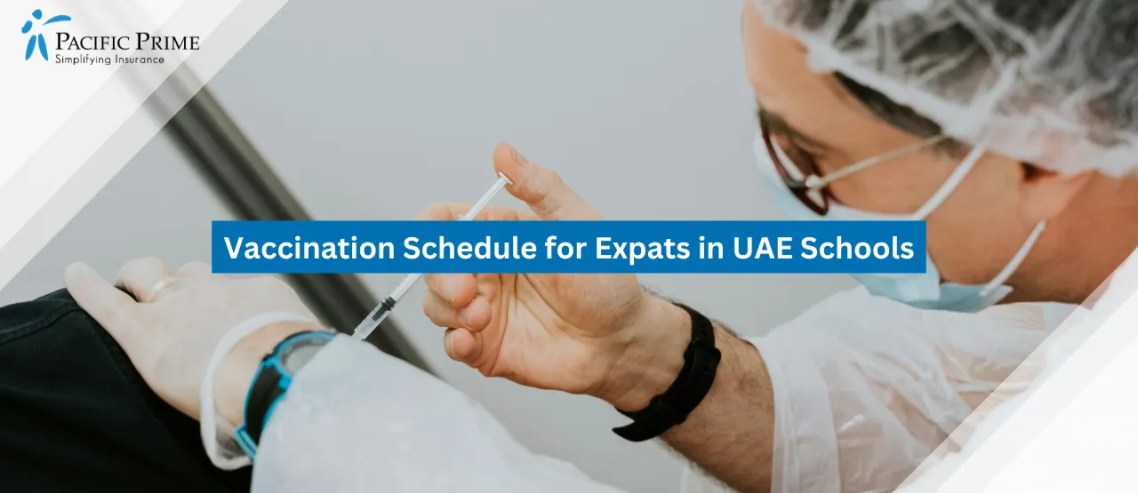
Private vs Government Clinics for UAE Medical Tests
Medical fitness certification is a mandatory requirement for expats seeking to obtain or renew residency visas in the UAE. All visa applicants over 18 must undergo extensive medical screening to prove they are disease-free and medically fit to reside in the country. A key consideration when undergoing medical tests in the UAE is choosing the …

Private vs Government Clinics for UAE Medical Tests
Medical fitness certification is a mandatory requirement for expats seeking to obtain or renew residency visas in the UAE. All visa applicants over 18 must undergo extensive medical screening to prove they are disease-free and medically fit to reside in the country. A key consideration when undergoing medical tests in the UAE is choosing the …

Can I Still Get a Visa If I Have a Chronic Condition?
If your chronic health condition is not a communicable or infectious disease that is specifically screened during the mandatory medical fitness test, it generally does not affect your eligibility to obtain a UAE residency visa. This Pacific Prime Dubai guide will walk you through the essential steps of applying for a visa when you have …

Vaccination Schedule for Expats in UAE Schools
UAE schools have strict vaccine requirements for children from birth until the age of 16 as a measure to protect student health and create safe learning environments. All children, including expat children, must meet the requirements to be accepted into schools in the UAE. In this Pacific Prime Dubai article, we will explain the mandatory …

Can I Still Get a Visa If I Have a Chronic Condition?
If your chronic health condition is not a communicable or infectious disease that is specifically screened during the mandatory medical fitness test, it generally does not affect your eligibility to obtain a UAE residency visa. This Pacific Prime Dubai guide will walk you through the essential steps of applying for a visa when you have …

Top 5 Insurance Plans You’ll Need for Your Business
Starting a business from scratch is no small feat, as it involves a great variety of risks; therefore, securing protection from business insurances like employee’s compensation insurance, property insurance, and cyber insurance, ahead of time will make a whole difference should any mishap occur. In this Pacific Prime Dubai article, we have rounded up the …

What to Consider When Moving to the UAE With Your Family
Suppose you’re planning to move to the UAE with your family. You might ask yourself what to consider when moving to the UAE with your family. In that case, there are several important factors you should consider before making the move, such as housing and housing allowances, daily commute, and schools for your children. Due …

Private vs Government Clinics for UAE Medical Tests
Medical fitness certification is a mandatory requirement for expats seeking to obtain or renew residency visas in the UAE. All visa applicants over 18 must undergo extensive medical screening to prove they are disease-free and medically fit to reside in the country. A key consideration when undergoing medical tests in the UAE is choosing the …

Can I Still Get a Visa If I Have a Chronic Condition?
If your chronic health condition is not a communicable or infectious disease that is specifically screened during the mandatory medical fitness test, it generally does not affect your eligibility to obtain a UAE residency visa. This Pacific Prime Dubai guide will walk you through the essential steps of applying for a visa when you have …

Vaccination Schedule for Expats in UAE Schools
UAE schools have strict vaccine requirements for children from birth until the age of 16 as a measure to protect student health and create safe learning environments. All children, including expat children, must meet the requirements to be accepted into schools in the UAE. In this Pacific Prime Dubai article, we will explain the mandatory …

